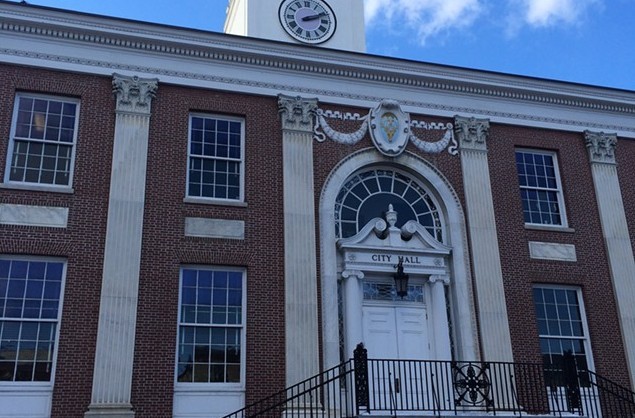
- File: Alicia Freese ©️ Seven Days
- Burlington City Hall
For the first time in three years, Burlington voters will consider approving a higher tax rate when they cast ballots this Town Meeting Day.
Mayor Miro Weinberger
has said the 4-cent tax rate hike is necessary to address revenue shortfalls, pay for city equity initiatives and combat record-high inflation rates.
Burlington city councilors also voted Monday to place two bonds on the March 1 ballot. A $23.8 million capital bond would replace aging fire trucks and shoddy sidewalks, and a $25.9 million spending plan would upgrade a large section of Main Street in the city’s downtown tax-increment financing district.
After some debate, councilors also approved a charter change that would remove the city’s authority to regulate sex work.
Voters will also consider elections in all eight city wards, and a
$98.2 million school budget, which represents a 13.1 percent increase in per-pupil spending.
Despite this, school officials anticipate a 7 percent
decrease in the education tax rate, which would offset the city’s increase and result in an overall tax decrease.
Still, affordability was a theme of discussion on Monday night. Councilors and members of the public noted that the city’s recent reappraisal raised taxes for most homeowners, and expressed concern that a tax rate increase would make living in Burlington even more expensive.
At the same time, city services have become more costly. Inflation in the U.S. has risen 7 percent between December 2020 and December 2021, the highest increase since 1981, according to the federal
Bureau of Labor Statistics. The increase translates to higher labor costs, Weinberger has said, noting that all four of the city’s union contracts are being negotiated this year.
The city has also created several new positions in the Racial Equity, Inclusion and Belonging department, including employees focused on public health.
Councilor Mark Barlow (I-North District) said many taxpayers are tightening their budgets and that the city should follow suit. Councilor Ali Dieng (I-Ward 7) said taxpayers still don’t know the cost to build a new Burlington High School. The North Avenue building closed in fall 2020 after officials discovered carcinogenic chemicals in the air and building materials. Voters are expected to consider a school bond in November.
Councilor Karen Paul (D-Ward 6) had a different take, noting that the municipal tax growth rate will still be lower than the rate of inflation, as it has been every year since Weinberger took office in 2012. Every city department could face cuts if the item fails.
“None of us want to go to voters and ask for a tax rate increase,” Paul said, but “there are significant repercussions if we don't.”
That could include cutting city staff. Councilor Joan Shannon (D-South District) said that voting against the tax increase “is a vote against city workers who have kept us all afloat during this pandemic.”
The council eventually passed the measure, 10-2; Barlow and Dieng voted no.
The city will use coronavirus recovery funds to close some of the gap, plus anticipated revenue from various city fees, such as permitting. The tax rate increase will create about $2.2 million in new revenue.
The capital bond will also raise municipal taxes. The $23.8 million spending plan — which is a trimmed down version of the $40 million bond that
failed in December — would fix bridges, address deferred maintenance at city buildings, replace emergency communication equipment and more.
If passed, the owner of a median-priced home in the city — about $379,100 — would pay incrementally higher taxes over time, peaking at roughly $7.39 more a month in fiscal year 2025.
The $25.9 million TIF bond, however, would not raise taxes. TIF allows municipalities to borrow money with the expectation that infrastructure improvements created in the district will generate revenue to repay the debt. If passed, the bond would upgrade a six-block stretch of Main Street with stormwater infrastructure, lighting and more.
The project is a continuation of the city’s “Great Streets” program, which aims to create friendlier roadways for walkers and cyclists by building wider sidewalks, tree belts and bike lanes. The last city street to get such a makeover was St. Paul, in fall 2019.
The TIF bond passed 11-1, with Councilor Perri Freeman (P-Central District), who is opposed to the TIF financing model, voting no. The capital bond also passed 11-1, with Dieng voting no.
Earlier in the meeting, councilors debated the sex worker charter change after hearing dozens of people speak both for and against the proposed ballot item.
The testimony
from opponents, however, was mostly based on the misconception that repealing the charter language would decriminalize sex work in the city when, in fact, prostitution would remain a misdemeanor crime under state law.
Some public commenters did say that Burlington's repeal would be the first step to decriminalize sex work, a concept that Councilor Shannon said made her “increasingly uncomfortable.” Councilors Barlow and Dieng echoed Shannon’s concern, but others argued that the charter language is arcane and outdated.
“There's not going to be this city of violence that's created from this change,” said Councilor Freeman, who introduced the charter change last summer.
Shannon eventually voted in favor of the ballot item, along with 10 other councilors. Dieng cast the lone no vote. Even if voters approve the change, it would still need approval from the state legislature and governor.
Also Monday, councilors heard a presentation on redistricting, which could change the boundary lines of city wards based on new Census population data. Members of an ad hoc committee presented their
findings, concluding that many Burlingtonians want to preserve neighborhoods on the new district maps and that they want to redraw Ward 8, a largely student ward.
There was also consensus that voters would prefer eight two-councilor wards, for a total of 16 councilors, over the present-day configuration of eight wards and four districts. District seat holders represent two wards each, for a total of 12 councilors.
The council will take up the report at a later date.








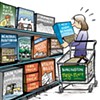
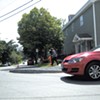

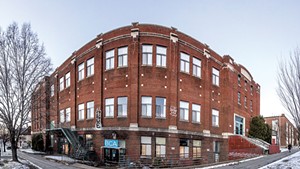
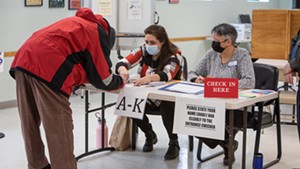
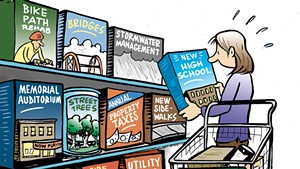
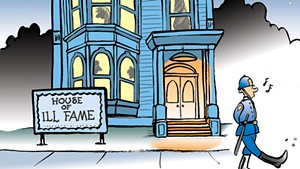
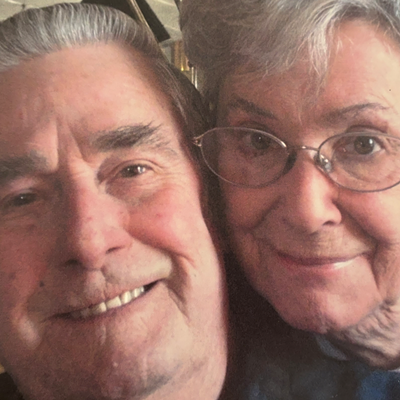
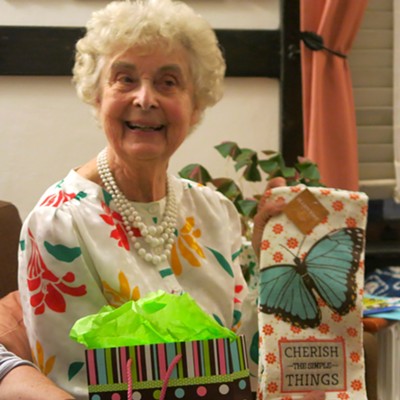


Comments
Comments are closed.
From 2014-2020, Seven Days allowed readers to comment on all stories posted on our website. While we've appreciated the suggestions and insights, right now Seven Days is prioritizing our core mission — producing high-quality, responsible local journalism — over moderating online debates between readers.
To criticize, correct or praise our reporting, please send us a letter to the editor or send us a tip. We’ll check it out and report the results.
Online comments may return when we have better tech tools for managing them. Thanks for reading.